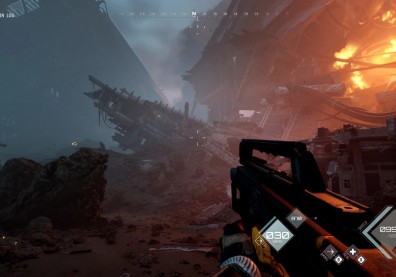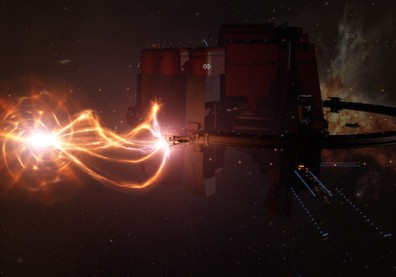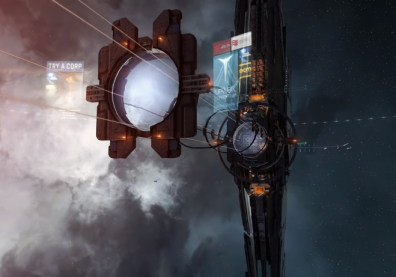Fans of the wildly popular science fiction MMO EVE Online probably had a sour weekend, as the server that hosts the massively multiplayer PC game fell victim to a DDos, or distributed denial-of-service attack on Saturday evening. And while EVE fans are already back exploring the galaxy as we speak, the server's recovery took a little bit of back-and-forth investigation on the end of game developer CCP.
According to Shack News, there is no information on who launched the denial of service attack on the Tranquility server, which hosts EVE, PS3 shooter Dust 514, and the official websites of both widely-played titles. While the servers were brought back to life about 11 hours after the initial attack, CCP soon realized that they needed to take them down again to ensure safety for all players who were online at the moment.
CCP adressed the issue on their official blog, noting that they made an "exhaustive scan" of their servers the second time around to figure out exactly what the problem was. According to the developer, a still-unkown user was able to take advantage of a vulerability in Tranquility's back end.
Tranquility is now officially back online for those who were hoping for some late night EVE Online or Dust 514 to get them through the week.
"Our teams will monitor the situation carefully in the coming hours to ensure that our services are accessible and that all customer data remains secure," noted CCP in the blog.
The developer also mentioned that they would be compensating players for being patient throughout the downtime, though no specifics were talked about.
While EVE Online is back to being enjoyed the way it was intended, recent reports suggest that DDos attacks are nothing to be ignored. According to TechWeek Europe, DDos attacks are not only more frequent, but have risen in average size from 1.06Gbps to 1.95Gbps over the past year.
One of the major themes of EVE Online is the player's persistent struggle against cybernetic violence, and real life is starting to sound pretty similar. Are you concerned about these distributed denial of service attacks affecting your favorite online games?









